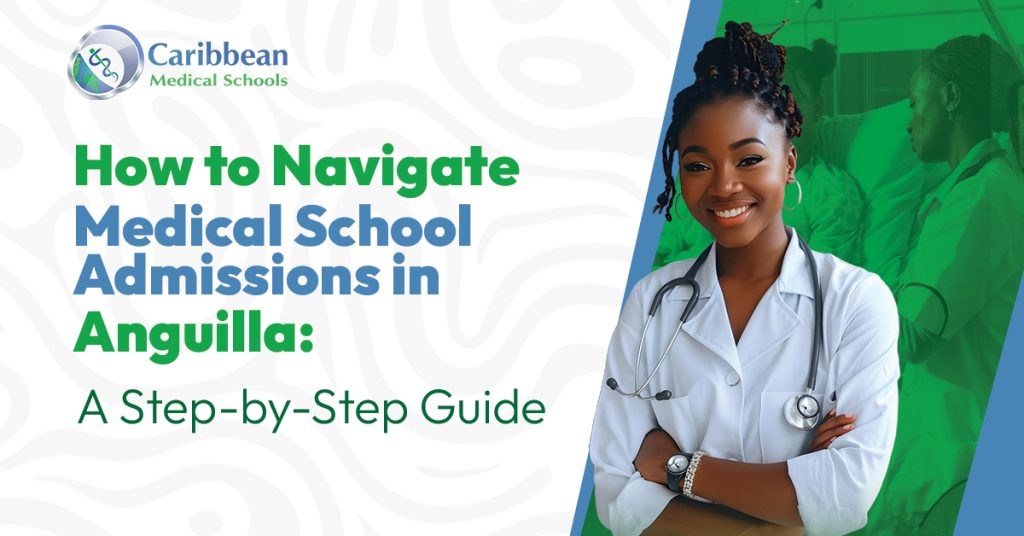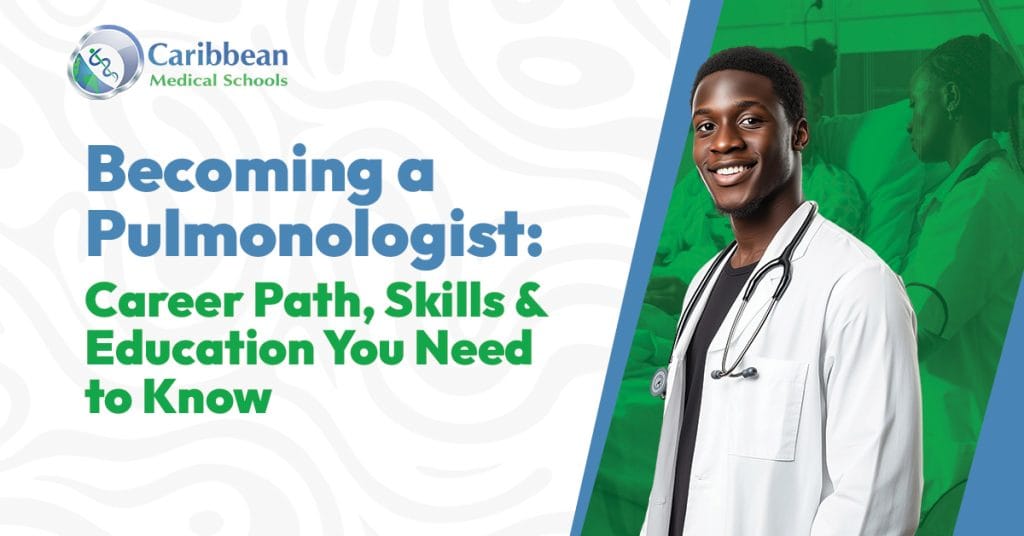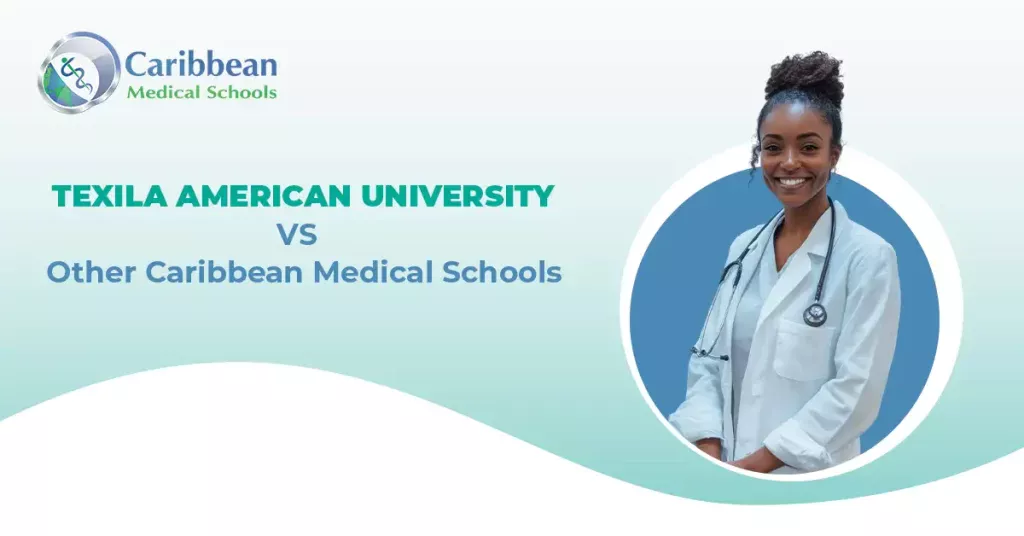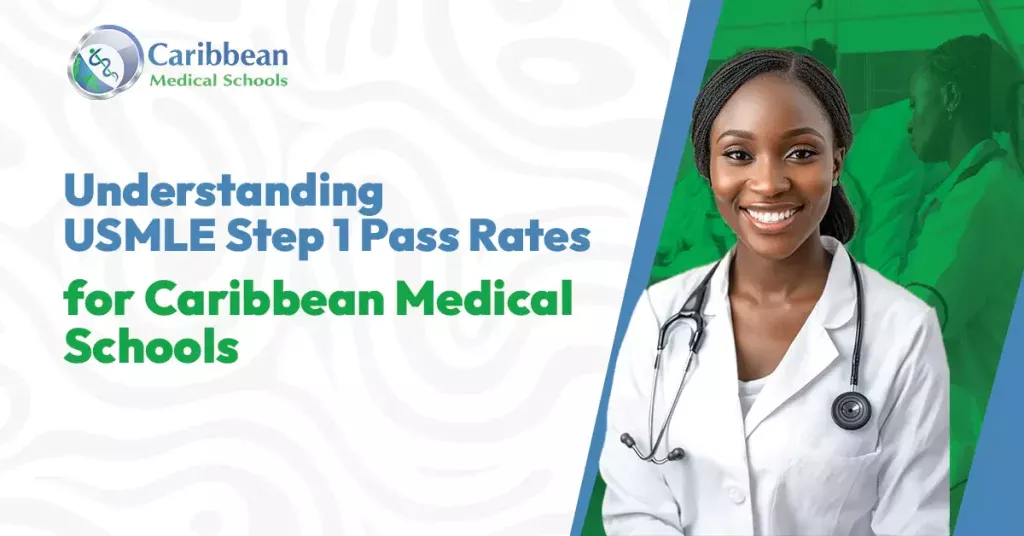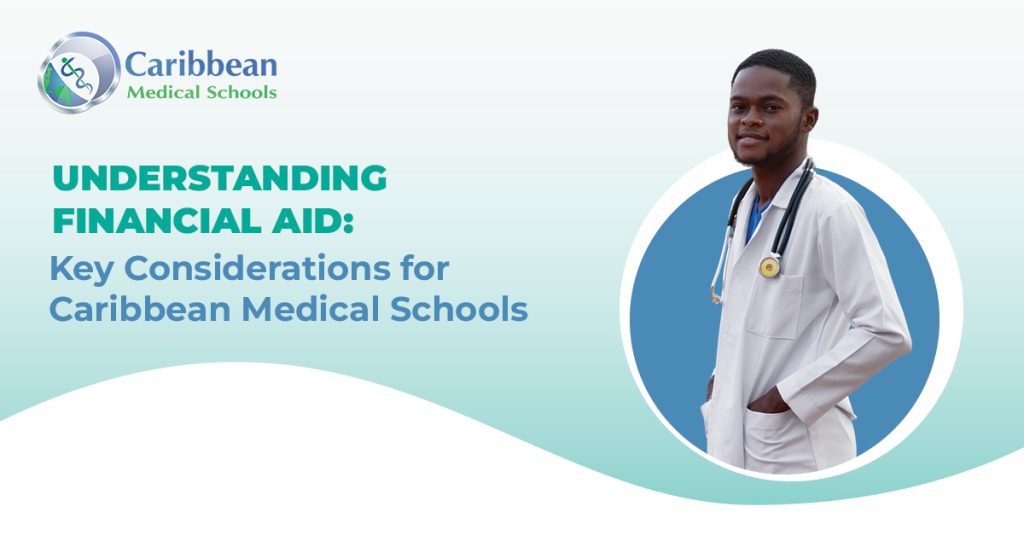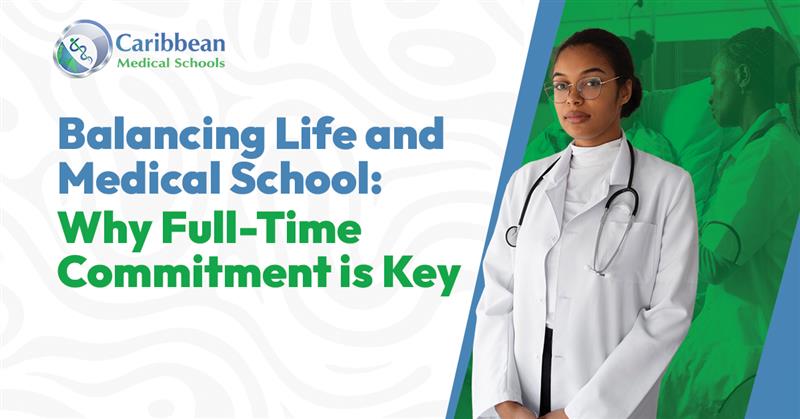Blog Summary
When you set out to achieve your dream of becoming a doctor, finding the right path can feel overwhelming, especially for students considering medical schools abroad. Among the many options available, Anguilla stands out as an attractive choice for aspiring medical professionals. Known for its quality education and beautiful island setting, Medical Schools in Anguilla offer a unique blend of rigorous academics and global opportunities. This guide helps you to navigate the medical school admissions process in Anguilla step by step, providing clarity and confidence to students and parents alike.
Table of Contents
Why Choose Anguilla for Medical Education?
Before diving into the admissions process, it’s essential to understand why so many students choose Anguilla for their medical education. The island is home to some of the Best Medical Schools in Anguilla, known for their well-structured programs, experienced faculty, and access to clinical rotations in top hospitals worldwide. Moreover, the smaller class sizes ensure personalized attention and an enriched learning experience.
For students looking for a balance between academic excellence and a serene environment, Anguilla offers a supportive community, modern facilities, and diverse opportunities for international learners.
According to the World Directory of Medical Schools, 70% of Caribbean medical graduate’s secure residency placements in the U.S., highlighting the global recognition and quality of medical programs in Anguilla.
Step 1: Understand the Admission Requirements
The first step to getting into a medical school in Anguilla is to familiarize yourself with the Anguilla Medical School Requirements. While these can vary slightly between institutions, most schools follow a general set of criteria:
- Academic Qualifications:
- A high school diploma or its equivalent, with Outstanding grades in science subjects such as biology, chemistry, and physics.
- Some schools may require standardized test scores (like the MCAT), though this isn’t always mandatory for Caribbean medical schools.
- English Proficiency:
- For international students, proof of English proficiency may be required, especially if English is not your first language.
- Personal Statement:
- A compelling essay detailing your motivation for pursuing medicine, your academic background, and your career aspirations.
- Letters of Recommendation:
- Typically, two to three letters from professors, mentors, or employers who can endorse for your academic and personal qualities.
Understanding these requirements early can help you prepare the necessary documents and avoid last-minute stress.
Step 2: Research the Best Schools in Anguilla
Medical schools vary greatly, and choosing the right one is essential for your success. Start by looking into the Top Medical Schools in Anguilla and comparing their programs, facilities, and tuition costs. Pay special attention to:
- Accreditation: Make sure the school is accredited by recognized bodies, as this impacts your ability to practice medicine in certain countries.
- Clinical Rotations: Many Caribbean Medical School Programs with Clinical Rotations in Anguilla offer opportunities to train in hospitals in the U.S., Canada, or the U.K.
- Student Reviews: Read Anguilla Medical School Reviews and Rankings to gain insights from current and former students about their experiences.
Step 3: Prepare a Strong Application
Once you’ve chosen the schools that align with your goals, it’s time to start your application process. Here’s how to make your application stand out:
- Tailor Your Personal Statement: Highlight your passion for medicine and your reasons for choosing Anguilla. Be authentic and let your personality shine through.
- Polish Your Resume: Include relevant experiences, such as internships, volunteer work, or research projects. Even non-medical experiences that demonstrate leadership or teamwork can add value.
- Gather Supporting Documents: Double-check the application requirements for each school and ensure you have all the necessary paperwork ready.
- Ace the Interview: If invited for an interview, be equipped to discuss your application in detail, including your motivations, goals, and understanding of the challenges of medical school.
Step 4: Understand Financial Planning
Studying medicine can be expensive, but with proper planning, it’s manageable. Many of the Best Caribbean Medical Schools for International Students in Anguilla offer scholarships, financial aid, or payment plans. Here’s how to approach financial planning:
- Tuition Costs: Research the tuition fees of your chosen school and factor in additional costs like housing, meals, and textbooks.
- Scholarship Opportunities: Some schools provide merit-based or need-based scholarships for international students.
- Student Loans: Explore loan options available for studying abroad. Some banks and private lenders specialize in educational loans for medical students.
Step 5: Make the Transition to Anguilla
Once you’ve secured admission, it’s time to prepare for life as a medical student on the island. Transitioning to a new country can be challenging, but Anguilla’s warm and welcoming environment makes it easier. Here’s what you need to know:
- Housing Options: Many schools offer on-campus accommodations, or you can explore off-campus housing near your institution.
- Adapting to Island Life: Anguilla’s laid-back lifestyle and stunning beaches supply the perfect backdrop for a balanced student life. Take time to explore the island when you’re not immersed in studies.
- Networking Opportunities: Building connections with faculty, peers, and alumni can help you navigate your medical career more effectively.
Benefits of Studying Medicine in Anguilla
Choosing Anguilla as your destination for medical education comes with several advantages:
- Access to Caribbean Medical School Admission in Anguilla, which often has more flexible criteria than schools in other regions.
- Opportunities for global exposure through clinical rotations and international partnerships.
- A multicultural environment that prepares you for working in diverse healthcare settings.
Key Tips for Success in Medical School
Medical school is demanding, but with the right strategies, you can thrive. Here are a few tips:
- Time Management: Create a study schedule and stick to it. Focus on tasks to ensure you meet deadlines without feeling overwhelmed.
- Stay Healthy: A healthy mind and body are vital for academic success. Make time for exercise, proper nutrition, and relaxation.
- Seek Support: Don’t hesitate to reach out to professors, advisors, or peers if you’re struggling. Anguilla’s schools are known for their supportive academic environment.
Conclusion
Navigating the admissions process for Medical Schools in Anguilla may seem challenging at first, but with thorough research and preparation, it’s an achievable goal. Anguilla offers a world-class medical education in a charming setting, making it an excellent choice for aspiring doctors.
As you begin this journey, remember that staying organized is the key to success, proactive, and confident in your abilities, whether you’re drawn by the quality of education or the chance to experience life on a beautiful Caribbean Island.

